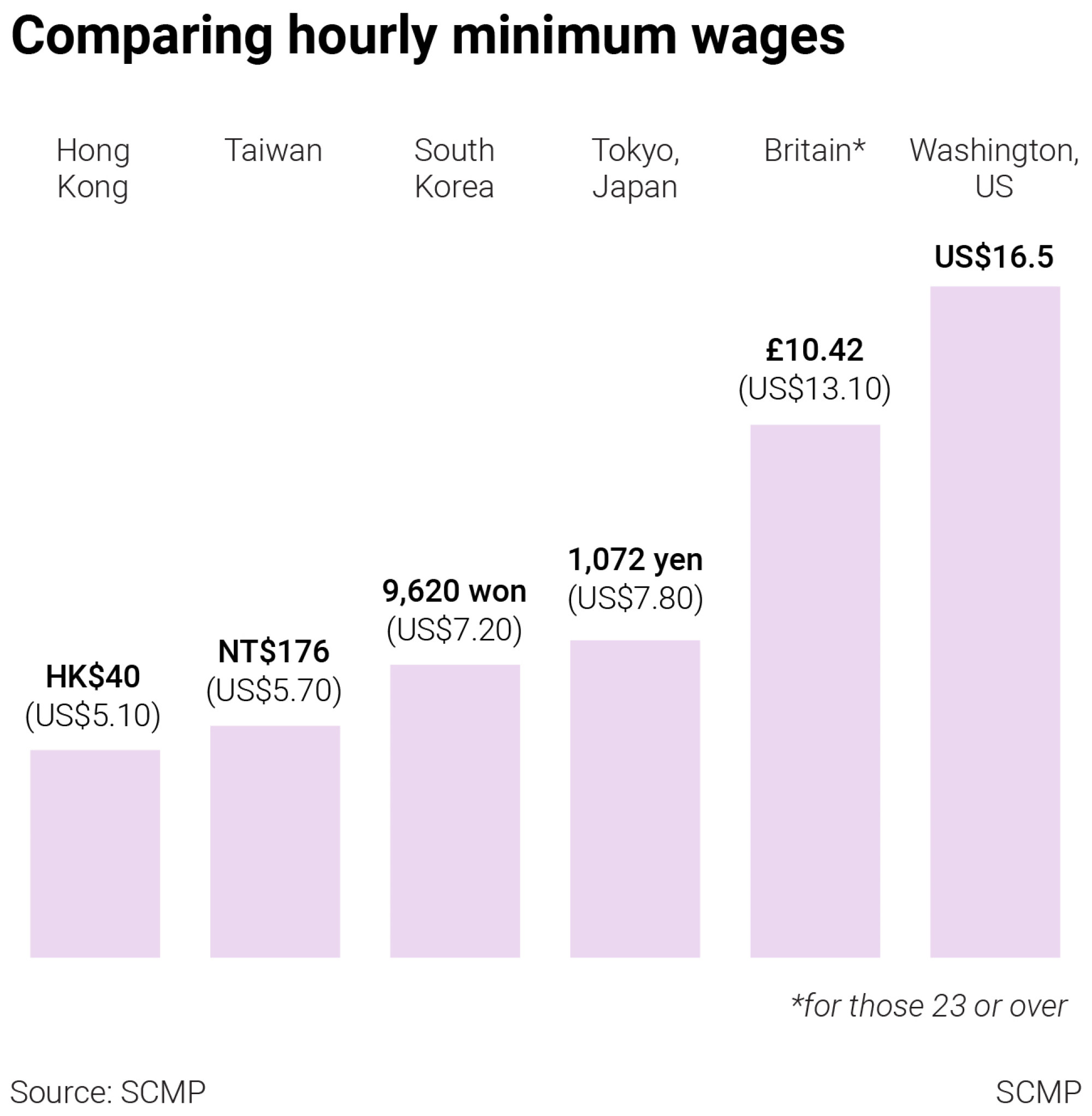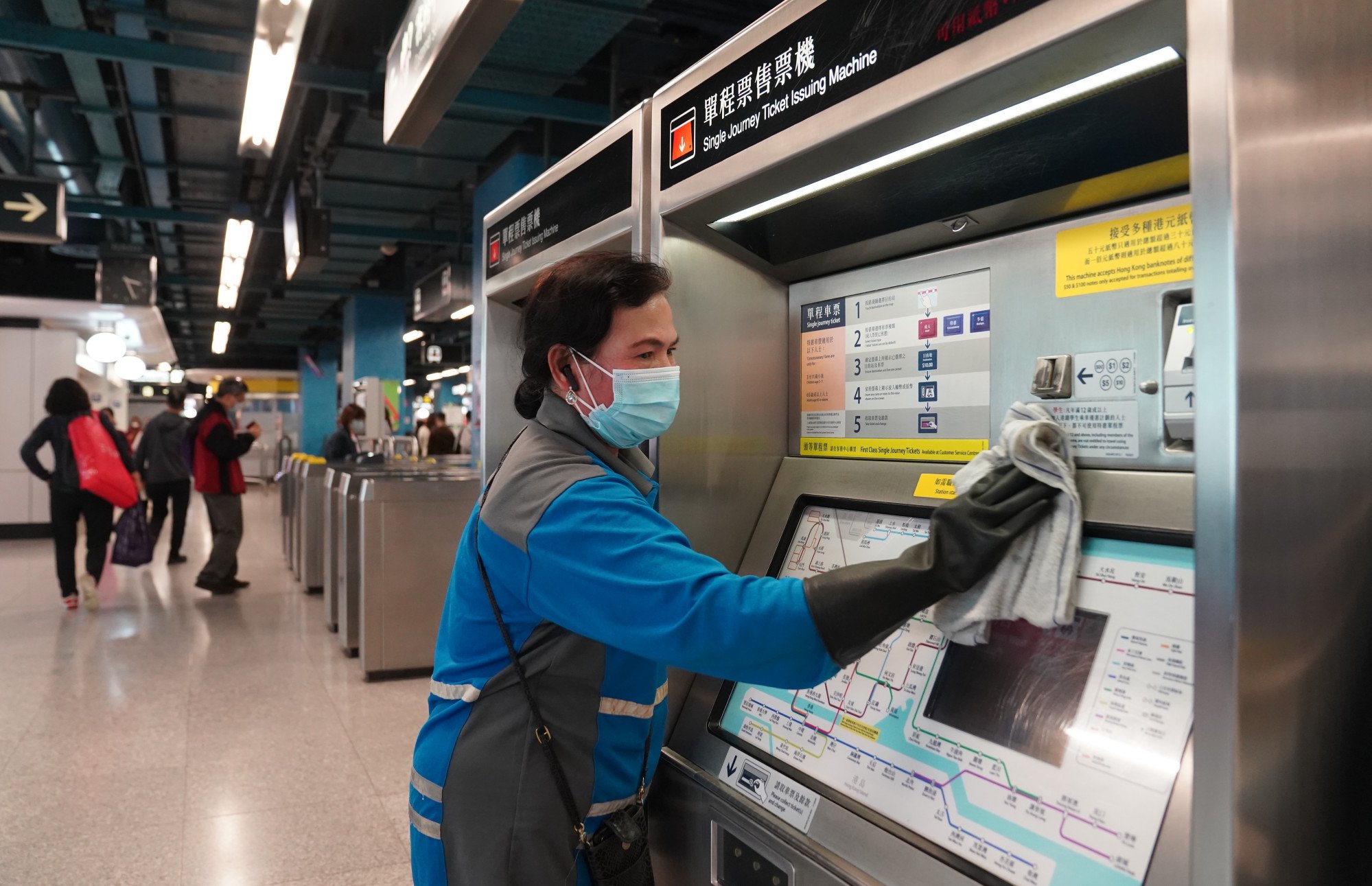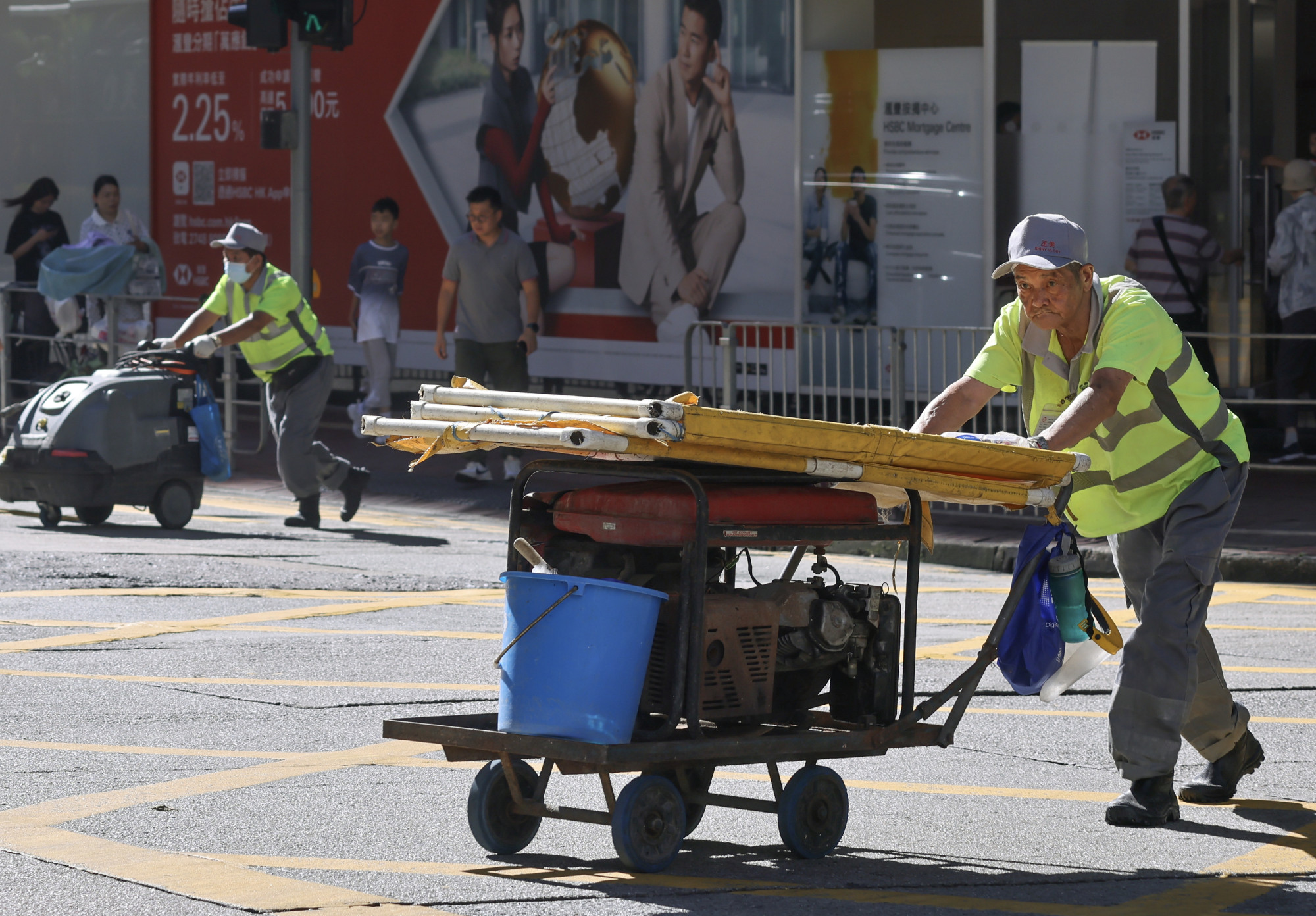Based on my calculation, if the formula had been adopted in 2011, the minimum wage would be about HK$41.7 an hour in 2024, only slightly higher than the current one. The minimum wage that comes into effect using the new formula will be a bit higher than what it would have been had the wage been calculated using the new formula from 2011 onwards, as it will be annually adjusted.
When it was released in previous years, the Hong Kong Poverty Situation Report confirmed the continual worsening of the city’s poverty rate. The low minimum wage has been partly to blame. The monthly median income of Hong Kong earners increased from HK$11,300 in 2011 to HK$20,000 in 2023. That’s an accumulated increase of 77 per cent. However, minimum wage earners only saw an increase of 43 per cent in that period.

The government should be commended for trying a new approach to setting the minimum wage. In spite of concern from the business community, the government was able to reach a consensus and come up with a solution. The new approach to the minimum wage should be seen as a win for everyone.
First, the new formula has gained support from Hong Kong’s grass-roots communities – people who are struggling every day to make end’s meet. Hopefully, the new minimum wage formula can create a ripple effect that will improve the wages of low-income workers.
Second, the formula also shows that employers and employees can find some common ground with the aim of improving relations in the workplace. Happy employees are good for business.
Third, this is an opportunity to tell a good story about Hong Kong, one that shows that we as a city are making genuine progress in looking after the well-being of low-income workers.
Lastly, this new approach shows the government has at least done something right and met one of its promises, which has a meaningful impact on the community.

Why is it that the government cannot employ these workers directly? The additional cost is minimal. Moreover, it is not just workers but also their families who would benefit. Workers should be able to earn a living wage rather than just relying on support from the government. Creating jobs and paying workers a decent wage are the most effective and sustainable ways to lift people out of poverty.

The issue here is responsible governance and the principle that no one should walk away from their responsibilities. By holding contractors accountable, we can normalise better practices, such as protecting the interests of companies and the well-being of their workers at the same time.
Paul Yip is a chair professor (population health) at the Department of Social Work and Social Administration at the University of Hong Kong

